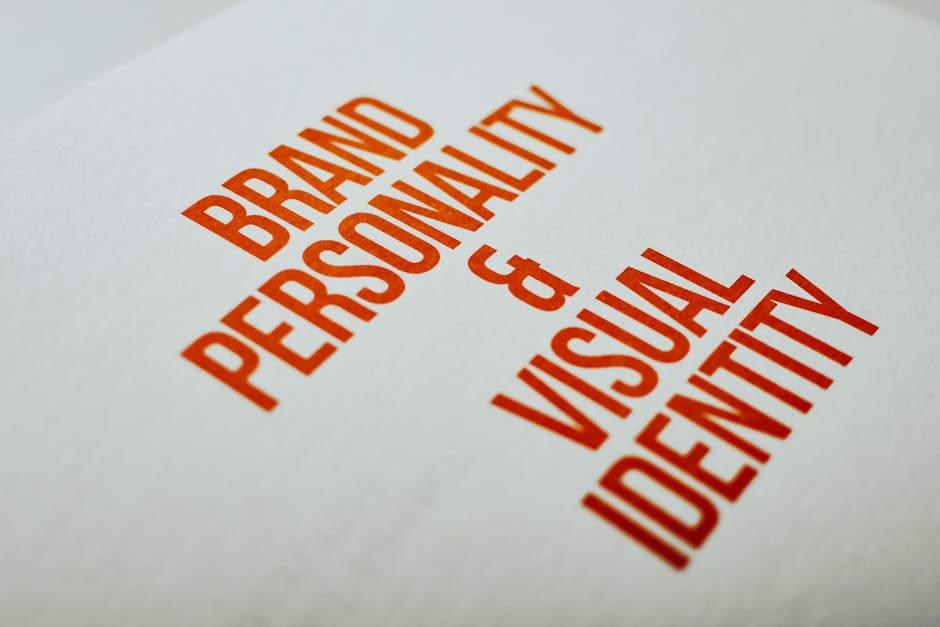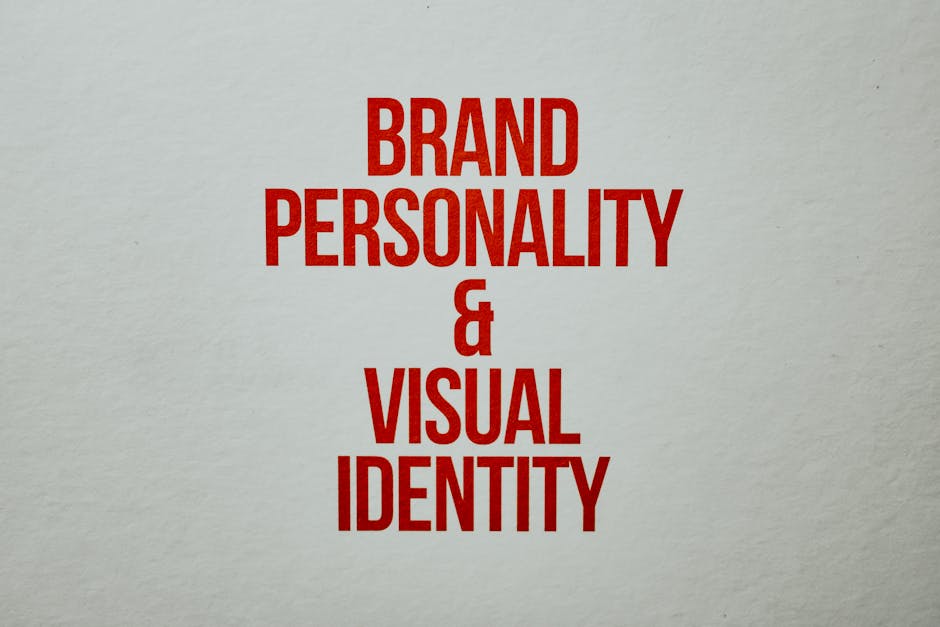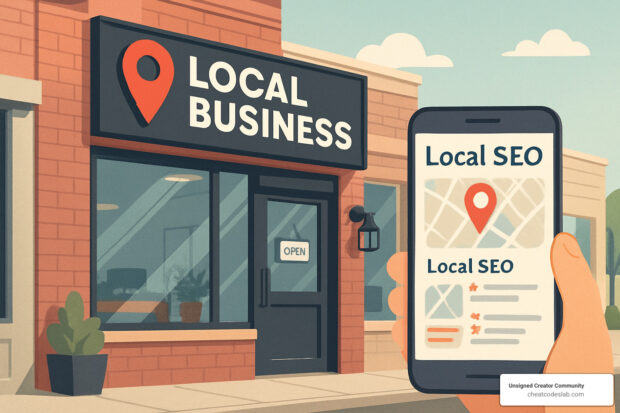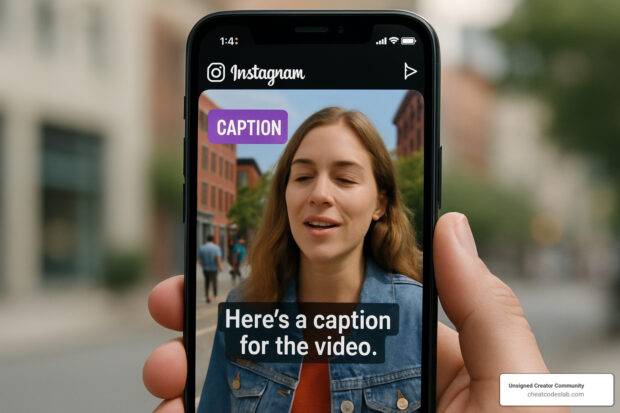
Brand personality examples are not just catchy slogans or eye-catching logos; they are the unique set of traits that a brand exhibits, fostering an emotional connection with its audience. Think of Nike’s energetic and inspiring spirit, Apple’s sophisticated elegance, and Dove’s genuine sincerity. These brands live their personality through their actions, design, and communication, uniquely carving a spot in consumers’ hearts. Here’s a quick glance at some other standout brand personalities:
- Nike: Excitement
- Apple: Sophistication
- Dove: Sincerity
- Harley-Davidson: Ruggedness
- Microsoft: Competence
Every successful brand knows the power of brand personality. It builds an emotional bridge that connects brands with customers on a deeper level. It’s why many people find themselves loyal to certain brands—they see reflections of their own values and desires. A clearly defined brand personality not only attracts the right audience but also cultivates long-term relationships, enhancing both brand loyalty and marketplace position.
I’m digitaljeff, and I’ve spent years crafting brand personality examples that resonate with audiences worldwide. With experience as a Futurist, Tech Entrepreneur, and Content Strategist, I’ve helped brands from elite niches to international platforms create compelling connections and boost their identity. In the following sections, we’ll dig deeper into understanding what makes brand personalities tick.

Basic brand personality examples glossary:
– Personal Branding
– personal brand awareness
– personal branding content creator
What is Brand Personality?
Brand personality is the human-like traits and characteristics that a brand embodies. These traits help create an emotional connection between the brand and its consumers. When customers feel aligned with a brand’s personality, they are more likely to become loyal to it. This connection can significantly boost a brand’s equity, making it more valuable and recognizable in the market.
The Five Dimensions of Brand Personality
Renowned researcher Jennifer Aaker identified five key dimensions of brand personality, each with distinct traits that can resonate with different consumer segments:
-
Excitement: Brands with this personality are often seen as daring, spirited, and full of energy. Think of brands like Nike and Red Bull, known for their adventurous and lively spirit.
-
Sincerity: These brands are perceived as genuine, caring, and family-oriented. Dove and Patagonia are prime examples, often emphasizing authenticity and social responsibility.
-
Ruggedness: Brands with a rugged personality are tough, outdoorsy, and resilient. Harley-Davidson and Jeep embody this with their strong, adventurous appeal.
-
Competence: This dimension highlights reliability, success, and intelligence. Brands like Microsoft and Google are seen as competent, thanks to their focus on innovation and efficiency.
-
Sophistication: These brands exude elegance and prestige. Apple and Chanel are known for their luxurious and refined image.
Brand Personality vs. Brand Imagery
While brand personality and brand imagery might seem similar, they serve different purposes. Brand personality is about the emotional traits and characteristics that a brand embodies. It creates an emotional association and connection with consumers, influencing how they feel about the brand.
On the other hand, brand imagery consists of the creative assets—like logos, color schemes, and marketing materials—that visually represent the brand. These elements are designed to reflect the brand’s personality but are not the personality itself.

Brand personality is the soul of the brand, while brand imagery is the face. Together, they form a cohesive identity that resonates with consumers, driving both emotional engagement and brand loyalty.
Brand Personality Examples
Understanding brand personality examples can help you see how successful brands connect with their audiences. Let’s explore some well-known brands and how they embody different dimensions of personality.
Sincerity
Brands with a sincere personality are seen as genuine and trustworthy. Dove is a great example. Known for its commitment to real beauty, Dove connects emotionally by promoting self-esteem and body positivity. Patagonia, with its environmental activism, also fits this category, appealing to consumers who value sustainability.
Cadbury and Hallmark are other brands that exude sincerity. Cadbury uses themes of family and generosity in its marketing, while Hallmark focuses on heartfelt messages and meaningful connections. Amazon combines sincerity with competence, focusing on customer satisfaction and reliability.
Excitement
Brands like Nike and Red Bull are synonymous with excitement. Nike’s “Just Do It” slogan inspires action and ambition, while Red Bull’s extreme sports sponsorships highlight its daring and adventurous spirit. Tesla also fits here, with its innovative approach to electric vehicles and the vision of its CEO, Elon Musk.
Mountain Dew and BuzzFeed are other examples. Mountain Dew’s energetic branding appeals to a younger audience, while BuzzFeed’s playful and engaging content keeps users coming back for more.
Competence
Competent brands are seen as reliable and successful. Microsoft and Google lead in this category with their focus on innovation and technology. Volkswagen and Intel are also seen as competent, known for their quality and performance.
Starbucks combines competence with sophistication, offering a consistent and high-quality coffee experience while maintaining a sense of luxury.
Sophistication
Sophisticated brands exude elegance and luxury. Apple is a prime example, known for its sleek design and high-end products. Chanel and Michael Kors also embody sophistication, with their fashion-forward and prestigious offerings.
Tiffany & Co. is another sophisticated brand, recognized for its luxury jewelry and iconic blue boxes. Dolce & Gabbana fits here too, known for its opulent and stylish designs.
Ruggedness
Rugged brands are tough and adventurous. Harley-Davidson embodies this with its rebellious spirit and powerful motorcycles. Land Rover and Jeep are also rugged, appealing to those who love off-road trips.
Woodland and Yeti fit this category too. Woodland is known for its durable outdoor gear, while Yeti’s products are built to withstand the elements, making them popular among outdoor enthusiasts.
By examining these brand personality examples, you can see how different brands use personality traits to connect with their target audiences. Up next, we’ll explore how to define your own brand personality and align it with your brand identity.
How to Define Your Brand Personality
Steps to Create a Brand Personality
Defining your brand personality is a crucial step in building a strong connection with your audience. Here’s how to get started:
-
Understand Your Target Audience: Knowing who your customers are is the foundation of your brand personality. Consider their demographics, interests, values, and needs. This understanding will guide you in shaping a personality that resonates with them.
-
Identify Brand Archetypes: Brand archetypes are universal patterns of behavior that can help you define your brand’s role in your customers’ lives. Choose an archetype that aligns with your brand’s mission and values. For example, Nike embodies the “Hero” archetype, inspiring customers to overcome challenges.
-
Define Your Brand Role: Think about the role your brand plays in your customers’ lives. Are you a trusted friend, an expert advisor, or a source of inspiration? This role will influence how your brand interacts with its audience.
-
Create a Mood Board: A mood board is a visual tool that helps you capture the essence of your brand personality. Include images, colors, and textures that reflect your brand’s traits. This can serve as a reference point for your brand’s visual identity.
-
Develop a Brand Voice: Your brand voice is how you communicate with your audience. It should reflect your brand’s personality traits. Is your brand playful and energetic, or calm and professional? Your brand voice should be consistent across all platforms.
-
Ask the Right Questions: To further refine your brand personality, ask questions like: If my brand were a person, what would it be like? What main personality traits would it have? This helps in creating a focused and relatable personality.
Aligning Brand Personality with Brand Identity
Once you have defined your brand personality, it’s important to align it with your brand identity. Here’s how:
-
Visual Elements: Your logo, colors, and typography should reflect your brand personality. For instance, a brand with a sophisticated personality might use neat fonts and a minimalist design.
-
Communication Style: Ensure that your communication style matches your brand personality. This includes how you write, speak, and engage with your audience. A brand like Red Bull, known for its excitement, uses energetic and action-oriented language.
-
Tone of Voice: Your tone of voice should be consistent and reflect your brand’s core traits. It can be formal, casual, humorous, or serious, depending on your brand’s personality.
-
Brand Actions: How your brand acts in the world should align with its personality. This includes customer service, community involvement, and marketing campaigns. For example, Patagonia’s actions reflect its commitment to environmental sustainability, aligning with its sincere personality.
By following these steps, you can create a brand personality that not only stands out but also connects deeply with your target audience. Next, we’ll dig into the importance of maintaining this alignment to ensure a cohesive brand experience.
Conclusion
Understanding and defining your brand personality is not just a marketing exercise; it’s a strategic necessity. A well-crafted brand personality helps you create a strong emotional connection with your audience. This connection is crucial because it builds trust, loyalty, and ultimately, customer retention.
Brand personality acts as the bridge between your company and your consumers. It defines how your brand is perceived in the marketplace and differentiates you from competitors. When consumers feel a personal connection with your brand, they are more likely to become repeat customers and even brand advocates.
The Role of Brand Personality in Brand Equity
Brand personality significantly contributes to brand equity. It adds qualitative value to your brand, which can lead to higher customer loyalty and increased market share. By maintaining a consistent and relatable brand personality, you improve your brand’s perceived value, making it a preferred choice for your target audience.
Creating a cohesive brand personality involves aligning your brand’s visual elements, communication style, and actions with your defined personality traits. This alignment ensures that every touchpoint with your brand reinforces the same message, making your brand memorable and trustworthy.
Unsigned Creator Community: Your Partner in Branding
At Unsigned Creator Community, we understand the importance of developing a compelling brand personality. Our resources and tools are designed to help you craft a brand that resonates with your audience and stands out in the marketplace. From defining your brand archetypes to developing a consistent brand voice, we are here to support your journey.
Explore our Personal Branding resources to get started on defining your brand personality today. Whether you’re a seasoned business or just starting, a strong brand personality is key to building lasting connections and achieving long-term success.













